
How to Prepare Your HVAC System for Every Season: Seasonal Maintenance Tips for Optimal Performance
As the seasons change, so do the demands on your HVAC system. Whether it’s battling the scorching heat of summer or the chilly winds of winter, your HVAC system plays a vital role in keeping your home comfortable throughout the year. However, to ensure its optimal performance, it’s essential to give your system the care it deserves through regular seasonal maintenance. In this blog, we’ll walk you through some practical tips and steps to prepare your HVAC system for every season, ensuring it operates efficiently and effectively, saving you both energy and money in the process.
Spring
- Replace Air Filters: Spring brings with it allergens and pollutants that can clog your air filters. Change your air filters every 1-3 months to maintain good indoor air quality and prevent strain on your HVAC system.
- Check Outdoor Unit: Clear any debris, leaves, or twigs that may have accumulated around your outdoor unit during winter. Ensure proper airflow by maintaining a two-foot clearance around the unit.
- Inspect Ductwork: Check your ductwork for leaks or signs of damage. Leaky ducts can waste energy and reduce system efficiency. Seal any leaks with appropriate duct sealant.
- Schedule Professional Maintenance: Consider scheduling a professional HVAC inspection and maintenance visit in the spring. A qualified technician will inspect, clean, and tune up your system, catching any potential issues before they escalate.
Summer
- Clean Condenser Coils: The outdoor condenser coils can accumulate dirt and debris, reducing the efficiency of your system. Regularly clean the coils to ensure optimal heat transfer.
- Monitor Refrigerant Levels: Low refrigerant levels can lead to decreased cooling performance and potential damage to your HVAC system. Schedule a professional check to ensure proper refrigerant levels.
- Calibrate Thermostat: Check and recalibrate your thermostat for accurate temperature readings. Consider investing in a programmable or smart thermostat to maximize energy efficiency.
- Inspect Fan Blades: Make sure the fan blades on the outdoor unit are clean and balanced. Imbalanced blades can cause unnecessary wear and tear on the system.
Fall
- Clean and Inspect Furnace: Before the cold weather arrives, clean the furnace and inspect it for any signs of wear or malfunction. Replace the air filter if needed.
- Check Carbon Monoxide Detectors: Safety should be a priority. Test and replace batteries in your carbon monoxide detectors to ensure they’re functioning correctly.
- Seal Air Leaks: Inspect windows and doors for drafts and seal any air leaks. Proper insulation will help your HVAC system maintain a comfortable indoor temperature more efficiently.
- Test Heating System: Before you need it, test your heating system to make sure it’s functioning properly. If you notice any issues, call a professional for a thorough inspection.
Winter
- Inspect Exhaust Vents: Ensure that exhaust vents for the furnace and water heater are clear of snow, ice, or debris. Blocked vents can lead to dangerous carbon monoxide buildup.
- Reverse Ceiling Fans: Running your ceiling fans in reverse at a low speed can help push warm air down and circulate it throughout the room, reducing the workload on your heating system.
- Monitor Humidity Levels: Winter air can be dry, affecting indoor air quality and comfort. Consider using a humidifier to maintain a comfortable humidity level in your home.
- Prepare for Storms: Winter storms can cause power outages. Consider investing in a backup generator to keep your HVAC system running during emergencies.
By following these seasonal maintenance tips for your HVAC system, you can ensure its optimal performance and longevity throughout the year. A well-maintained HVAC system not only keeps your home comfortable but also helps you save on energy bills and reduces the likelihood of unexpected breakdowns. For more complex maintenance tasks or if you’re unsure about anything, don’t hesitate to contact your trusted HVAC professional. Regular maintenance is an investment that pays off in the form of enhanced comfort and peace of mind all year round. Take care of your HVAC system, and it will take care of you and your family.
FAQ
How often should I change my HVAC system’s air filters?
Change your air filters every 1 to 3 months to maintain indoor air quality and system efficiency.
Why is my HVAC system not providing adequate heating/cooling?
Possible reasons: Dirty filters, leaky ducts, thermostat issues, or refrigerant leaks. Contact a professional for diagnosis and repair.
Can I perform HVAC maintenance myself, or do I need a professional?
DIY tasks like changing filters are okay, but leave complex maintenance to professionals for safety and optimal results.
How can I improve the energy efficiency of my HVAC system?
Schedule regular maintenance, use programmable/smart thermostats, seal air leaks, ensure proper insulation, and consider upgrading to energy-efficient equipment.
Table of Contents
More Articles
Categories
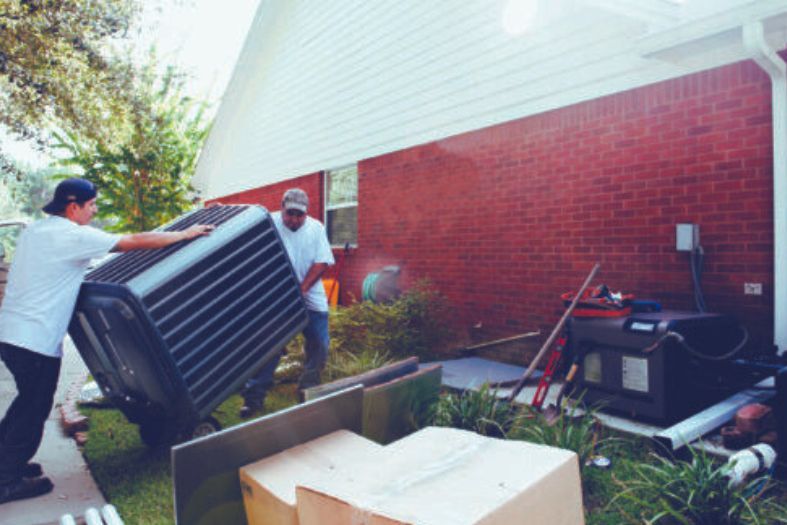
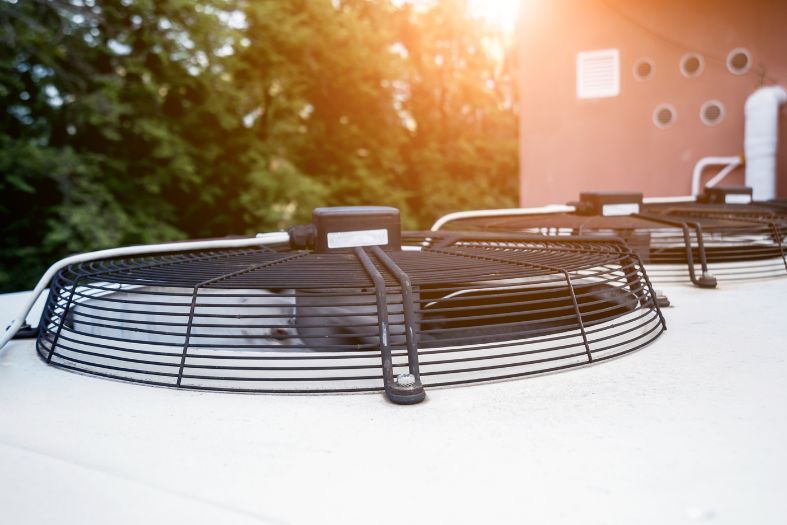

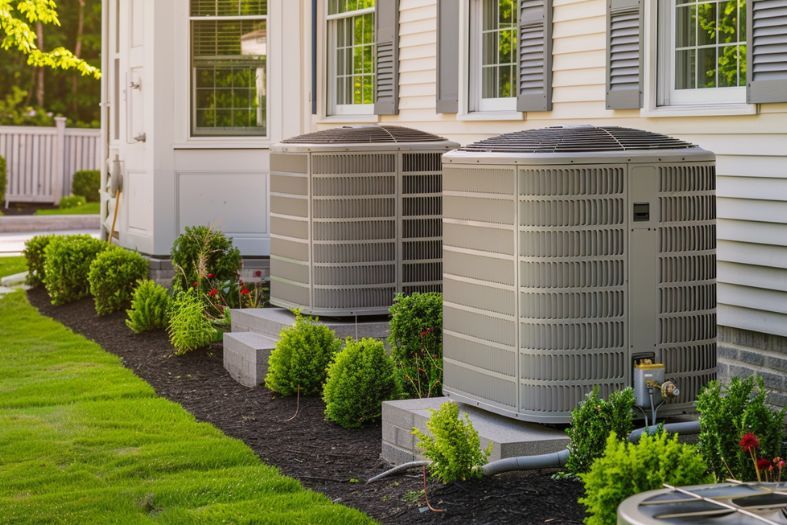
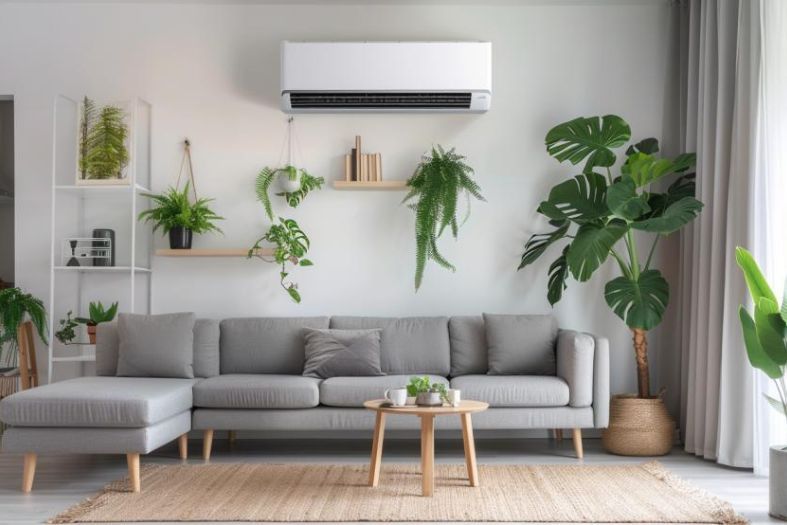
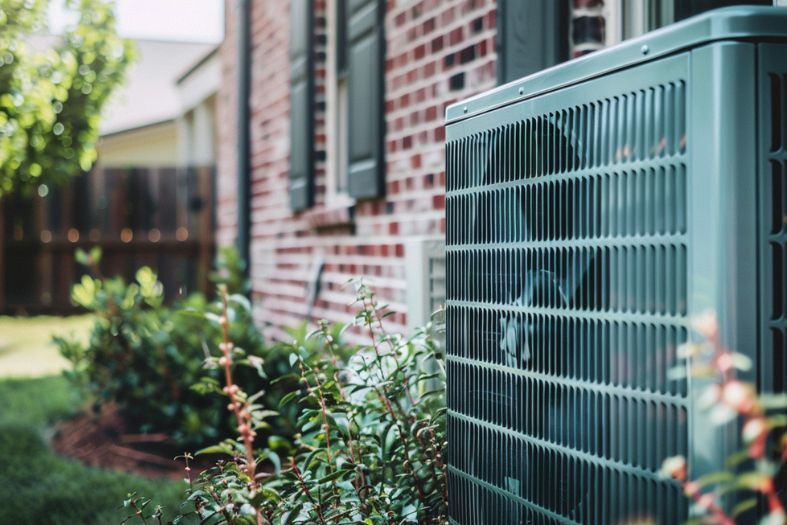
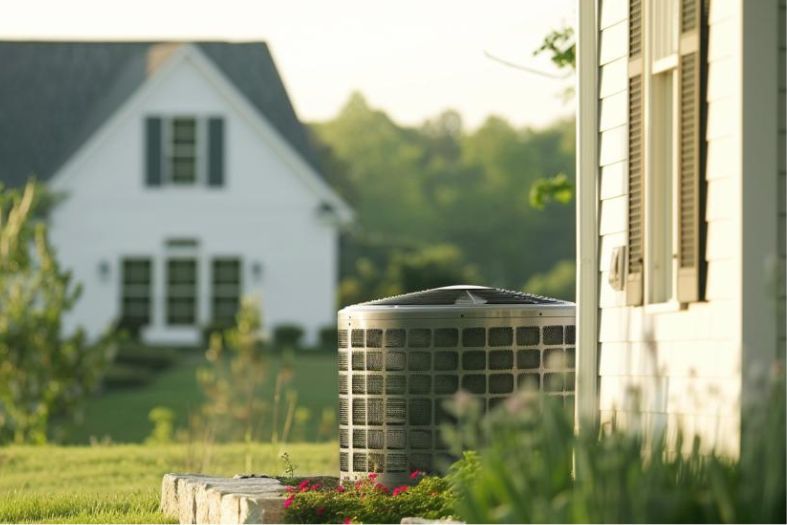

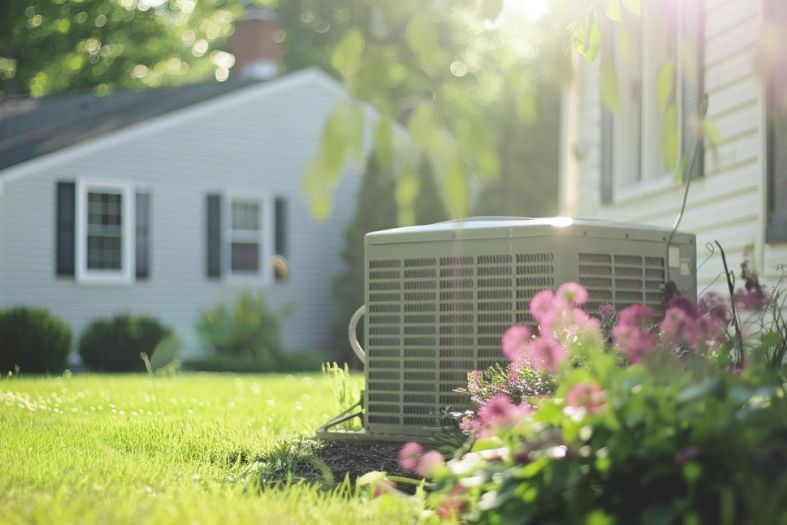
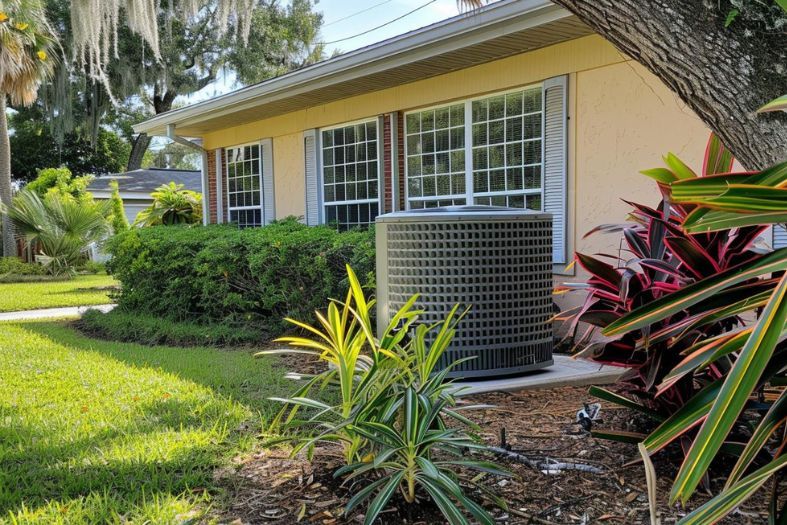
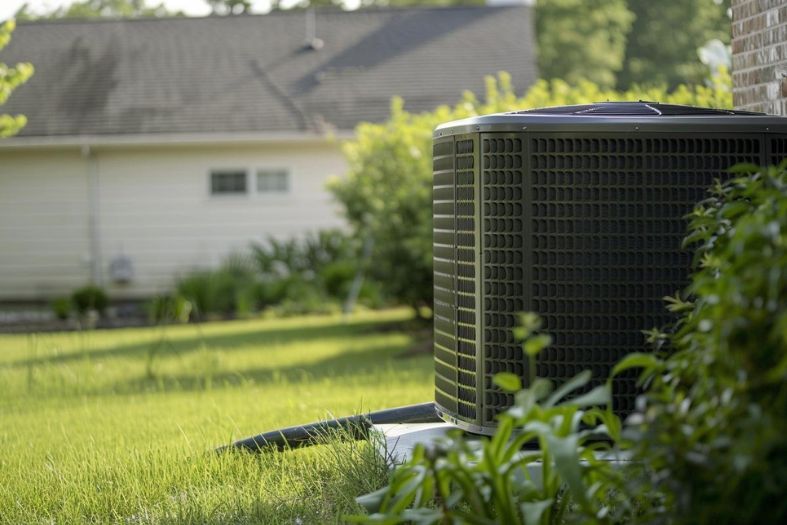
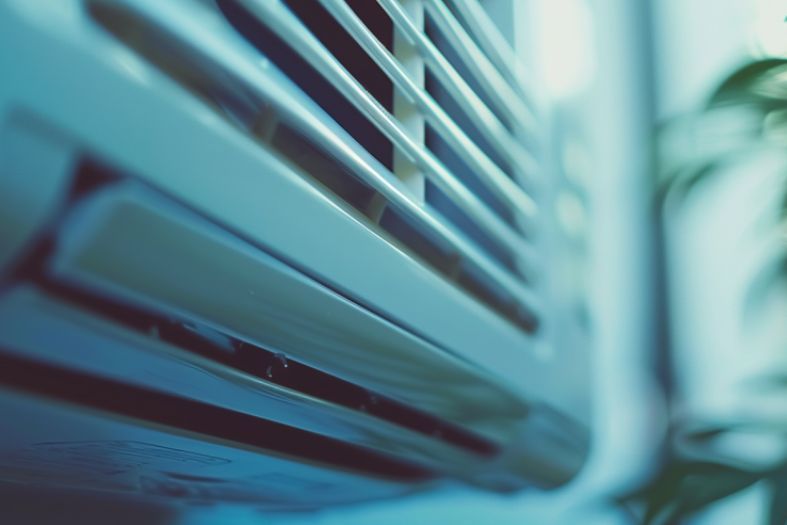
Leave a Reply